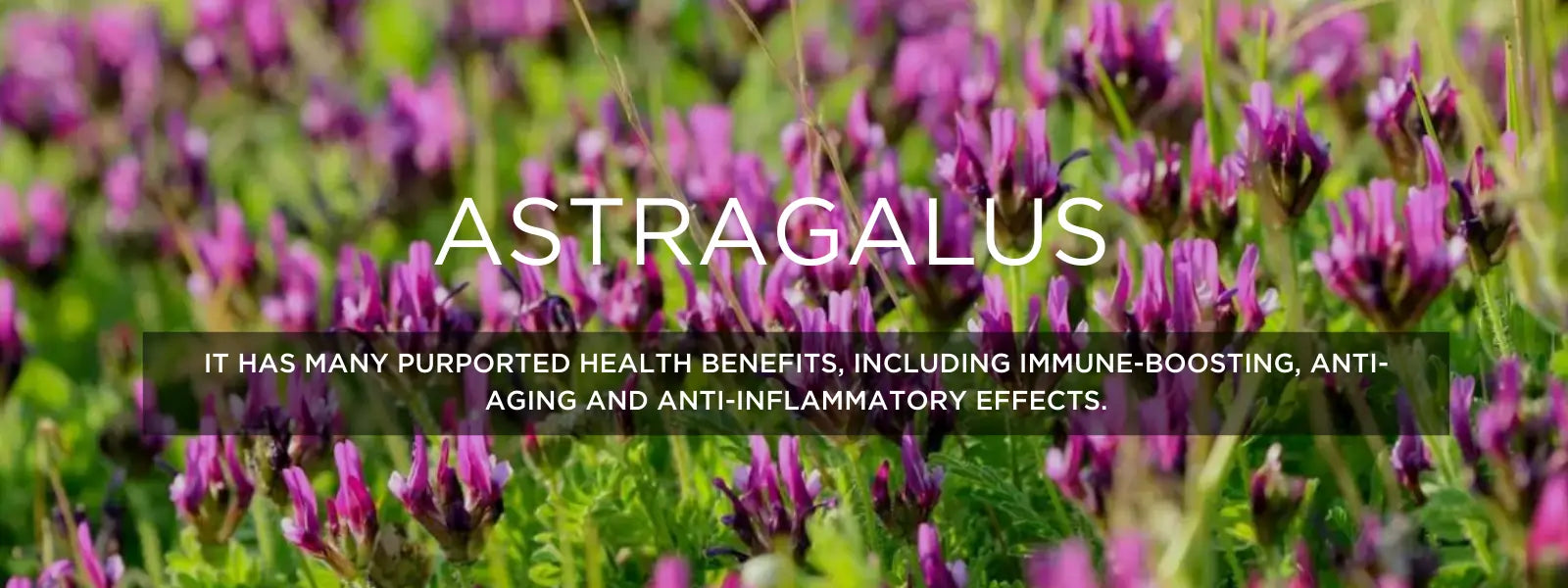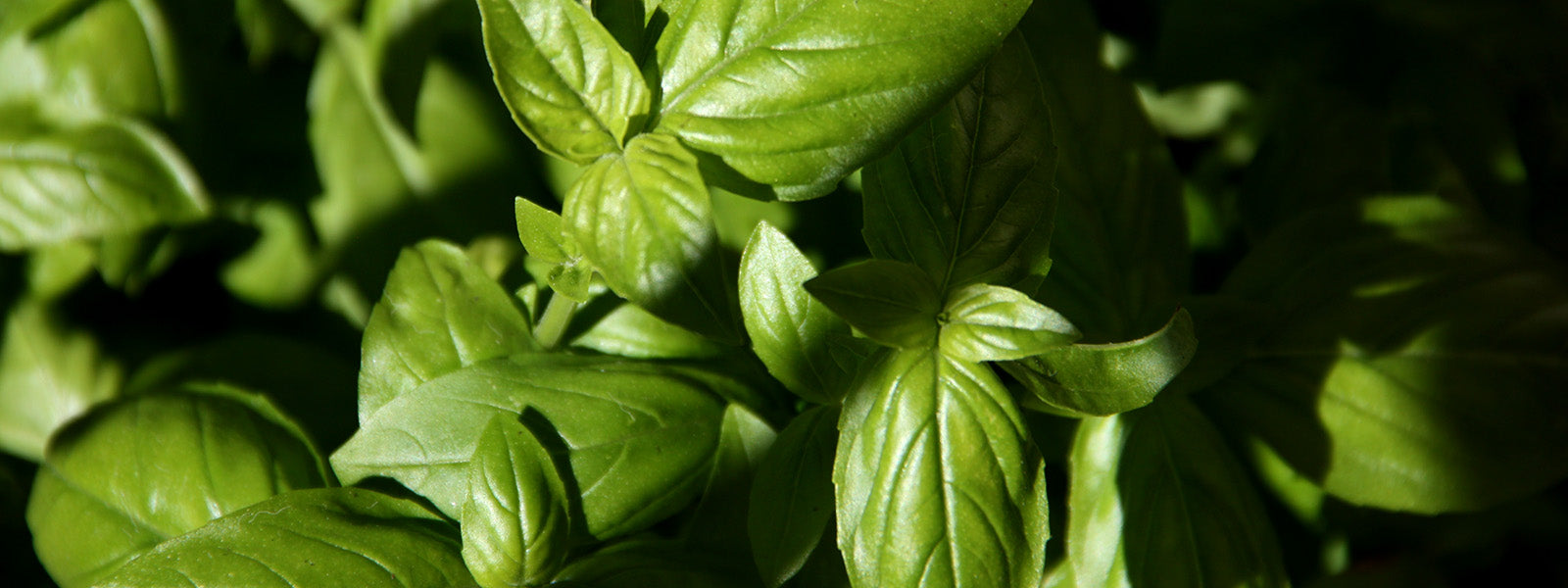Ashwagandha is a plant in the family Solanaceae. It is also called "Indian Ginseng" or "Indian Winter Cherry."
Indian Ginseng or Ashwagandha is an important herb in Ayurveda. It has been used as a Rasayana (tonic), which is a mixture of herbs or metals that makes people happy both physically and mentally. Ashwagandha is the most well-known Rasayana herb in Ayurveda.
Table of Contents
Use of Indian Ginseng:
The flowers of Indian Ginseng or Ashwagandha are used to treat diarrhoea and depression, and the seeds can kill worms. Ashwagandha can help with sleeplessness, leucoderma, constipation, goitre, and other health problems. They are also used to treat zits, boils, piles, and stomach worms.
Indian Ginseng can be used to treat snakebites, ulcers, and swellings when it is mixed with other medicines.
Indian Ginseng's roots can be used to treat a number of health problems, such as stress, depression, arthritis, stomach problems, fever, and memory loss.
People have used the seeds, leaves, and even the fruits of this plant to treat a wide range of illnesses.
Health benefits of Indian Ginseng:
Stress & anxiety
By lowering cortisol levels, or the "stress hormone," Ashwagandha, an adaptogen, serves to combat the damaging effects of stress on the body. Ashwagandha raises the levels of plasma corticosteroids, which lower stress levels and prevent stomach ulcers brought on by stress. The mind is soothed by it. There is evidence that the plant can help with anxiety management. It has been demonstrated that ashwagandha helps with symptoms of anxiety such as trembling, a racing heart, perspiration, feelings of approaching danger, and exhaustion.
Neurological Disease
Ashwagandha can help with pain by preventing the central nervous system from receiving pain signals. By calming the nerve system, it functions as an analgesic and an antipyretic.
Skin problems
Acne, pimples, pigmentation, premature ageing, and skin cancer are among the skin problems and worries that are becoming more prevalent as environmental pollution rises.
Small particles of airborne debris get trapped in pores and damage skin by causing oxidative stress.
Diabetes
Consuming ashwagandha aids in managing diabetes by controlling the body's production of insulin. This enhances the blood's ability to break down glucose, which raises the amount of insulin secreted into the bloodstream. When ashwagandha extracts are taken regularly, a reasonably low blood sugar level is observed.
The ability of ashwagandha to change the body's metabolism has been demonstrated to be particularly advantageous for those with Type 2 Diabetes.
Increases strength and muscle mass
According to studies, consuming Indian Ginseng is associated with a significant increase in muscle strength and bulk. This suggests that taking supplements containing ashwagandha along with resistance training may be advantageous.
Enhances sexual performance
As an adaptogen, Indian Ginseng 's roots aid in stress management by reducing blood levels of the stress hormones. They also serve to increase energy.
Since stress has a detrimental effect on sexual function, stress management directly improves sexual health. Additionally, ashwagandha root increases general vigour, vitality, and endurance.
Increases male testosterone and ovarian function
Supplementing with Ashwagandha can enhance testosterone levels, improve sperm quality, and boost antioxidant levels.
How to use Indian ginseng?
Indian ginseng comes in the following dosage forms:
- Ashwagandha tablets can be taken twice a day, one tablet with warm milk or water, or as directed by a physician.
- Ashwagandha pills can be taken twice a day with milk or warm water, or as prescribed by a physician.
- Due to the numerous health advantages of powdered ashwagandha (churna), it can be consumed in a variety of ways and used in a variety of meals.
- You can also add ashwagandha to your tea, milkshake, or ashwagandha-flavoured ladoo.
- Combine with milk or honey.










Leave a comment